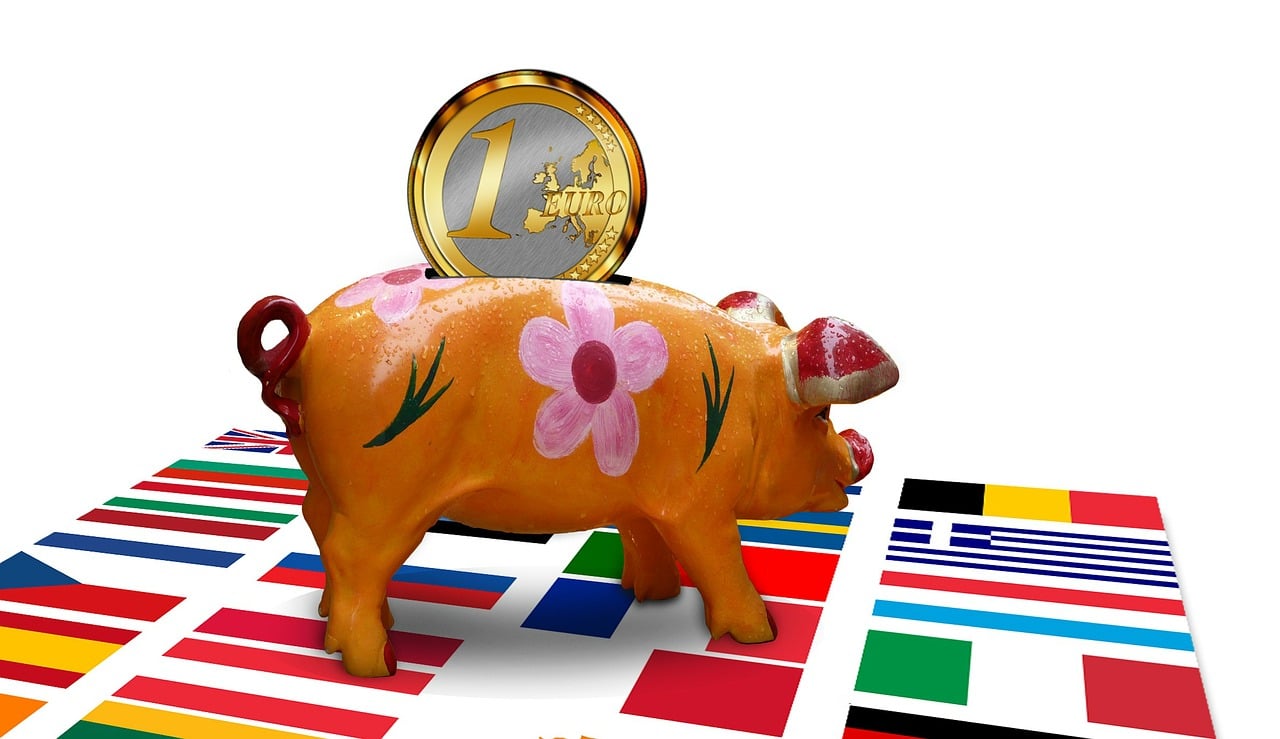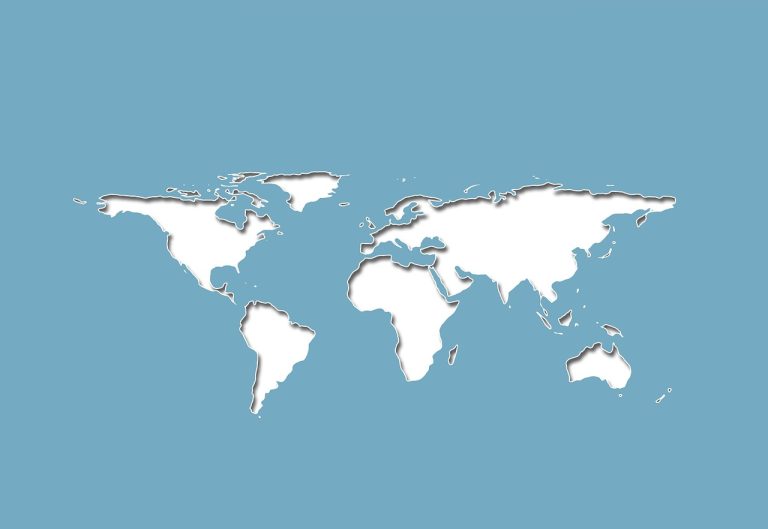
Deciphering Political Alliances in the Philippines: Influences and Implications on 2022 Elections
The political landscape in the Philippines is one of dynamic changes and complex alliances. As the 2022 elections approached, these alliances took center stage, influencing the political narrative and the potential outcomes. Understanding these alliances is crucial for analyzing the electoral process in the Philippines. This post delves into the nature of political alliances, their historical context, and the implications they had on the 2022 elections.
Historical Context of Political Alliances
The formation of political alliances in the Philippines has deep historical roots. Since gaining independence, the country’s political scene has been characterized by shifting allegiances, often driven by the need for power consolidation and survival. The multi-party system in the Philippines fosters an environment where alliances are not only beneficial but necessary. Political parties often lack the broad-based support needed to win elections independently, prompting them to form coalitions.
Historically, alliances have been formed across ideological lines, focusing more on pragmatic concerns than on policy agreements. This characteristic is rooted in the patronage politics that dominate the country, where personal relationships and mutual benefit often take precedence over ideological alignment. For example, during the 1986 People Power Revolution, various political factions united to oust the Marcos regime, showcasing the power of alliances in achieving significant political change.
Key Political Alliances in the 2022 Elections

The 2022 elections in the Philippines were no exception to the tradition of political alliances. Several key alliances emerged, each with unique implications for the electoral outcomes. One of the most significant was the coalition formed by the ruling party, Partido Demokratiko Pilipino–Lakas ng Bayan (PDP-Laban), which sought to maintain its influence by aligning with other influential parties and local political dynasties.
Another notable alliance was between the Liberal Party and other opposition groups, which aimed to provide a strong counter-narrative to the ruling party. This coalition focused on issues such as human rights, governance, and economic reform, attempting to rally the electorate around a platform of change and accountability.
These alliances were not merely strategic but also highlighted the deep-seated divisions within the country’s political landscape. The presence of regional parties also played a crucial role, as they often held sway in local elections and could significantly impact the national results. The Council on Foreign Relations provides insightful analyses on how these alliances affect governance and policy-making in the Philippines.
Factors Influencing Political Alliances
Several factors influenced the formation and sustainability of political alliances in the 2022 elections. The most prominent of these is the socio-economic landscape of the Philippines. Economic challenges, such as poverty and unemployment, are significant concerns for the electorate, and political parties often form alliances to address these issues more effectively.
Moreover, regionalism plays a critical role in alliance formation. The Philippines is an archipelago with diverse cultures and languages, leading to distinct regional identities. Political parties often form alliances with regional parties to tap into these local bases, which can be pivotal in winning elections. The Brookings Institution offers comprehensive insights into the impact of regional dynamics on political alliances and electoral strategies.

Personal relationships and political patronage also significantly influence alliances. Political figures often leverage personal networks to build alliances that can provide the necessary support to secure electoral victories. This aspect underscores the personalized nature of politics in the Philippines, where alliances can often be as much about personal loyalty as they are about political strategy.
Implications of Political Alliances on the 2022 Elections
The alliances formed during the 2022 elections had profound implications on the political landscape. They influenced not only the electoral outcomes but also the policy directions and governance styles of the winning parties. For instance, the ruling party’s alliances with local dynasties ensured continued support in key regions, thereby strengthening their hold on power.
Conversely, opposition alliances aimed to challenge the status quo, promising reforms and accountability. However, their success was mixed, as the entrenched political structures and resources of the ruling party proved difficult to overcome. The East Asia Forum provides detailed discussions on how these alliances impacted the election results and subsequent policy implementations.
Furthermore, the nature of these alliances also affected voter perceptions and trust. While some voters viewed alliances as necessary for political stability and effective governance, others saw them as opportunistic and self-serving, undermining public confidence in the political system.
Challenges and Opportunities Ahead

Looking beyond the 2022 elections, the political alliances formed during this period present both challenges and opportunities for the Philippines. One significant challenge is the potential for political instability, as alliances can be fragile and subject to change. This instability poses risks for consistent policy implementation and long-term governance strategies.
However, alliances also offer opportunities for greater political collaboration and reform. By bringing together diverse groups, alliances can facilitate dialogue and compromise, leading to more inclusive and representative governance. As the Asia Pacific Foundation of Canada notes, fostering effective political alliances is key to building a resilient and democratic political system in the Philippines.
Takeaways
The political alliances in the Philippines are a testament to the complex nature of its electoral landscape. As seen in the 2022 elections, these alliances play a crucial role in shaping political outcomes and governance. Understanding the factors that drive these alliances and their implications can provide valuable insights into the future of Philippine politics.
As the country moves forward, it will be essential for political leaders to navigate these alliances thoughtfully, balancing the need for political stability with the demands for reform and accountability. By doing so, they can ensure that the political system remains robust and capable of addressing the challenges and opportunities that lie ahead.
The Role of Media in Shaping Alliances
Another crucial factor in the development and impact of political alliances in the Philippines is the role of media. Traditional and social media platforms have become powerful tools for political messaging and influence. During the 2022 elections, media was instrumental in shaping public perceptions of political alliances, promoting narratives that either bolstered or undermined the legitimacy of these coalitions.

Political alliances often leveraged media to highlight their platforms, achievements, and criticisms of opponents. This was particularly evident in the use of social media, where targeted campaigns aimed to sway public opinion and mobilize voter bases. The rapid spread of information—and misinformation—through these channels added a new dimension to political strategy, requiring alliances to be more agile and responsive in their communication efforts.
Furthermore, media coverage helped to expose the inner workings of these alliances, shedding light on negotiations and power dynamics that might otherwise remain hidden. This transparency, while sometimes controversial, provided the electorate with a more comprehensive understanding of the political landscape. Organizations like the Reuters play a vital role in ensuring that media coverage remains factual and unbiased, contributing to a well-informed public.
Lessons from the 2022 Elections
The 2022 elections in the Philippines provided several lessons on the nature and impact of political alliances. One key takeaway is the importance of adaptability in political strategy. As alliances form and dissolve based on shifting political currents, parties must remain flexible to capitalize on emerging opportunities and address new challenges.
Additionally, the elections highlighted the need for alliances to prioritize transparency and accountability. Voter trust is paramount, and alliances perceived as purely transactional or self-serving can quickly lose public support. Building alliances on shared values and policy goals can enhance their credibility and effectiveness in the long term.

The elections also underscored the power of grassroots movements and civil society in shaping political discourse. While formal alliances between parties were influential, the role of civic groups and grassroots organizations in mobilizing voters and advocating for specific issues was equally significant. These groups often acted as catalysts for change, pushing political alliances to address critical social and economic issues.
Future Outlook: The Evolution of Political Alliances
Looking to the future, political alliances in the Philippines are likely to continue evolving in response to domestic and global challenges. The increasing interconnectedness of global politics means that alliances may also be influenced by international trends and relations. For instance, economic partnerships and geopolitical considerations could shape the priorities and composition of future alliances.
Moreover, as the Philippine political landscape diversifies, there is potential for new alliances to emerge, driven by younger, more progressive political actors. These new alliances might focus on issues such as climate change, technological innovation, and social justice, reflecting the changing priorities of the electorate.
Ultimately, the success of future political alliances will depend on their ability to navigate the complexities of the Philippine political system while remaining responsive to the needs and aspirations of the people. As alliances continue to be a defining feature of Philippine politics, they will play a crucial role in shaping the country’s path forward.
In conclusion, deciphering political alliances in the Philippines requires a nuanced understanding of their historical context, influencing factors, and potential implications. As the country continues to grapple with political and socio-economic challenges, alliances will remain a vital component of its democratic process, offering both opportunities and obstacles on the path to progress.



